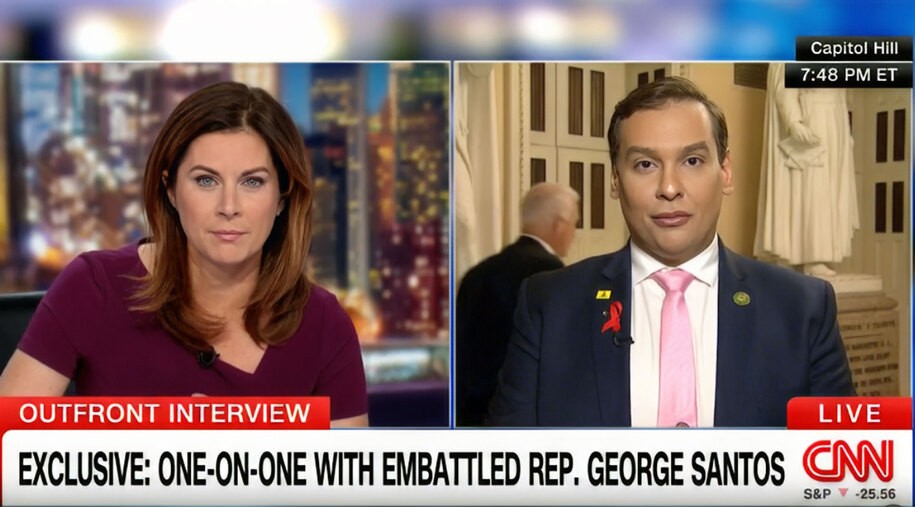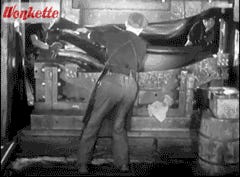Higher education has traditionally been hailed as a crucial stepping stone to success, but TV personality Mike Rowe argues this belief is now out of date.
The host of “Dirty Jobs” recently added to the backlash against Harvard University, an institution once renowned for academic prestige that has been rocked by allegations of antisemitism and plagiarism.
Don’t miss
“What is happening? Donations are drying up, graduates are taking their degrees off their wall because they no longer resonate with pride — they’re shameful,” Rowe stated during a Fox Business interview.
However, his skepticism of academia extends well beyond Harvard to a “collective delusion” about the worth of a college degree. Here’s what Rowe has to say about a shorter, cheaper, safer road to wealth.
College as commodity
Rowe clarified his use of the term “shameful” in a followup interview with Fox.
“I’m not saying that there’s anything inherently shameful about getting [a four-year college degree], but I do think from a PR standpoint, something really interesting has happened,” he explained.
Rowe argues the traditional perception of a college degree — once a testament to one’s intellect, wisdom and knowledge — has drastically deteriorated.
“That connection no longer exists in the minds of many millions of parents,” Rowe said.
Instead, he believes, many parents now view a college degree as a mere commodity, mirroring the transactional attitude many universities have adopted toward their student “consumers.”
Other paths to six figures
These days, the cost of a four-year college or university degree can be incredibly steep, making it unattainable for some. Rowe was particularly harsh on tuition hikes that continued even during the pandemic.
“New York University raised its tuition during Zoom classes. At some point, you’ve got to look at the people who are paying the bills,” he said. “It’s almost like they’re being dared, right? It’s like, how much further will it go?”
The average annual cost of college in the U.S. — inclusive of books, supplies and living expenses — stands at $36,436 per student, according to the Education Data Initiative. That number has more than doubled since the turn of the century.
Read more: Unlocking financial prosperity: Jeff Bezos shares the path to prime earnings through hassle-free real estate investment — don’t miss out on this opportunity to revolutionize your financial future
Amid these soaring costs, Rowe advocates for an alternative: learning a trade. His mikeroweWORKS foundation awards scholarships to students pursuing a career in skilled trades.
“In my little tiny world, we offer work ethic scholarships for kids who want to learn a skill that’s in demand. The foundation’s never been more robust. We’re giving away another million dollars at the end of the month for these kinds of scholarships,” he shared.
Hitting pay dirt
Rowe emphasized that while the trades are not always perceived as glamorous, they are essential.
“Welders, steamfitters, pipe fitters, heating, air conditioning, electric — our country is built on those things,” he said. “Whether they’re sexy or not, the opportunities exist. There’s a path to six figures and it’s shorter than you think.”
Wage data adds a lot of credibility to Rowe’s argument. Consider this: The National Association of Colleges and Employers reported an average starting salary of $61,871 for the college class of 2022.
Meanwhile, ZipRecruiter indicates that the average annual pay for a journeyman electrician — a status that typically requires four to five years of paid apprenticeship — is $65,880. For steamfitters, the average annual pay is $78,926.
Having spent 10 seasons of “Dirty Jobs” exploring the importance of hands-on work, Rowe expects the rest of society will soon come around to his way of thinking.
“The collective delusion surrounding the primacy of a four-year degree is tipping. And when it falls, it’s going to go splat,” he concluded.
What to read next
This article provides information only and should not be construed as advice. It is provided without warranty of any kind.



